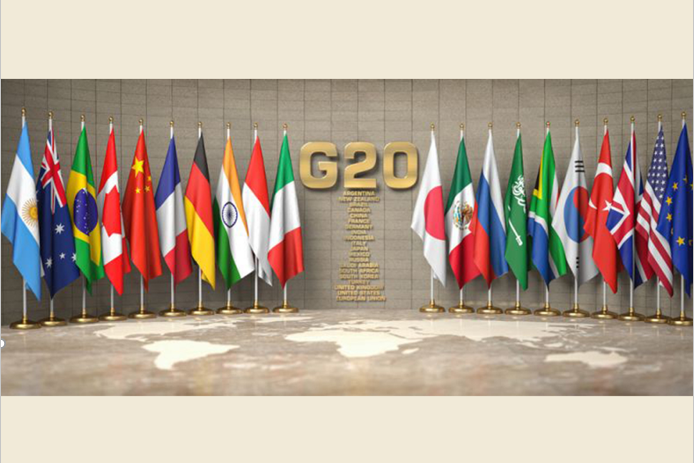Charles Ray , Former U.S. Ambassador; Chair of the Africa Program, Foreign Policy Research Institute
Nov 11, 2021
China’s deepening ties to Africa has shaken up the status quo, with positive and negative outcomes rippling across the planet. What does the rapid development of Africa and China hold for the future?
Zhou Xiaoming, Former Deputy Permanent Representative of China’s Mission to the UN Office in Geneva
Nov 11, 2021
Oddly, President Biden has claimed on several occasions that he hoped competition with China would not veer into conflict. But Washington-style competition means a race to the bottom — and possible peril.

An Gang, Adjunct Fellow, Center for International Security and Strategy, Tsinghua University
Nov 09, 2021
A major question with respect to China-U.S. relation has not been answered since it was first raised a few years ago: What are they fighting for? If this cannot be answered to the satisfaction of reasonable people, shouldn’t they just sit down and get on with pragmatic dialogue?

Tao Wenzhao, Honorary Member of the Chinese Academy of Social Sciences; Fellow, CASS Institute of American Studies
Nov 05, 2021
Worries by the United States that China will take over its leadership role are based on a serious strategic misunderstanding. The road ahead for the international power structure as it shifts to a multipolar pattern may be long and difficult, but the prospects are promising.

Da Wei, Director of Center for International Strategy and Security; Professor at Tsinghua University
Nov 04, 2021
Both sides seem to realize that a paradigm shift in bilateral ties is inevitable and underway. And if it’s not controlled — if it slides toward confrontation — neither party will be served. It should be a footrace, not a wrestling match, President Xi Jinping wisely said.
Zhao Minghao, Professor, Institute of International Studies at Fudan University, and China Forum Expert
Nov 03, 2021
The international body should not be turned into a theater of war in America’s competition against China, yet that is what the U.S. is doing. This will only undermine the purposes and principles of the UN Charter and trigger bloc confrontation similar to the Cold War.
Li Yan, Director of President's Office, China Institutes of Contemporary International Relations
Nov 03, 2021
While a recent speech by U.S. Trade Representative Katherine Chi Tai was filled with accusations and predictable slanders against China, it also reflected a somewhat more nuanced trend, showing that America is attempting to moderate relations.
Wu Zurong, Research Fellow, China Foundation for Int'l Studies
Nov 03, 2021
The U.S. faces many serious downsides at it attempts to hold back the inevitable rise of the world’s second-most powerful economy. America should ask itself how long it can realistically expect to do so.

Oct 30, 2021
Clike to read the full reportThe issue of sovereign debt governance, especially for lower-income countries, entered into the G20 agenda well before the outbreak
Sourabh Gupta, Senior Fellow, Institute for China-America Studies
Oct 26, 2021
Though the Biden administration has promised that a comprehensive policy on trade with China would be produced, it is looking more and more like they intend to piece together Trump-era actions under their name.
Back to Top

- China-US Focus builds trust and understanding between the U.S. and China through open dialogue among thought leaders.
- Our Offerings
- Topics
- Videos
- Podcasts
- Columnists
- Research Reports
- Focus Digest
- Stay Connected
-
Thanks for signing up!
- Get the latest stories from China-US Focus weekly.